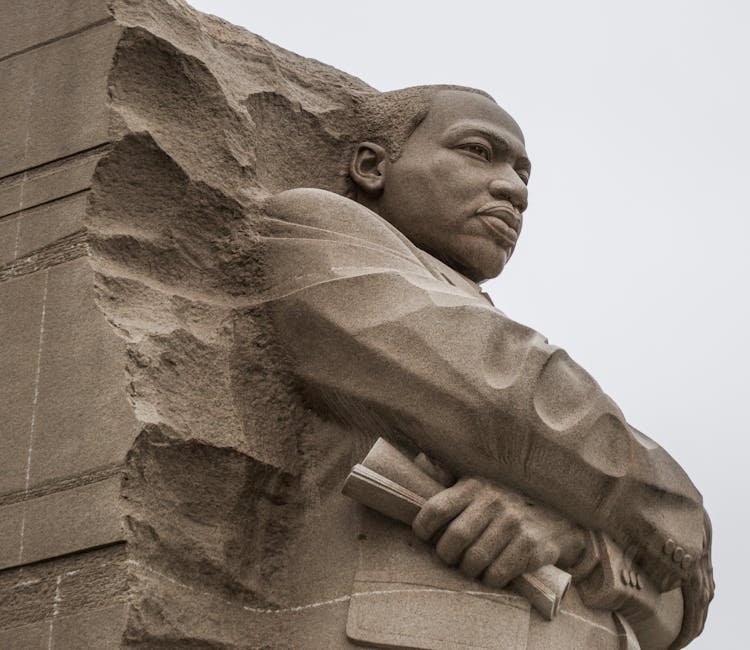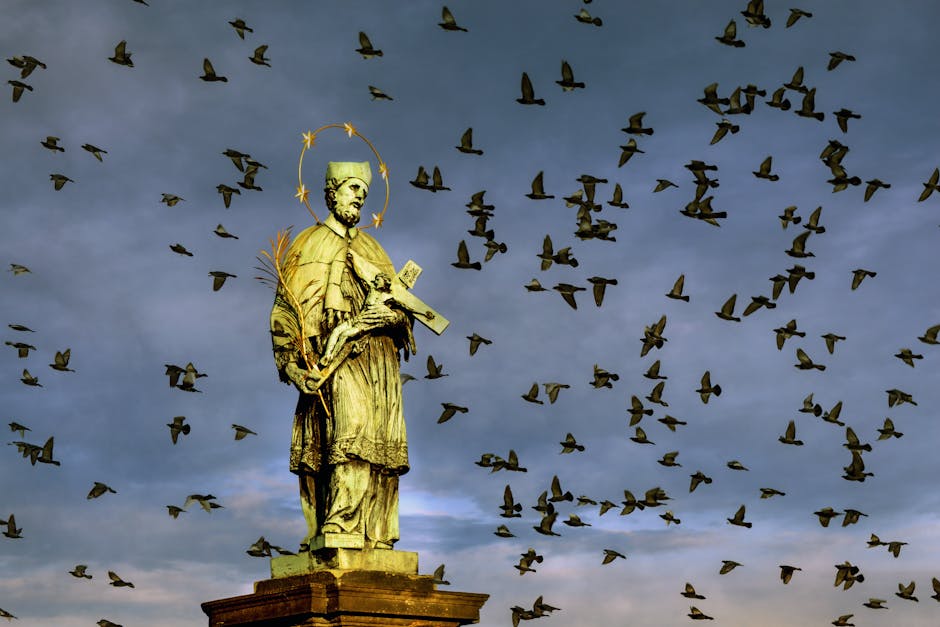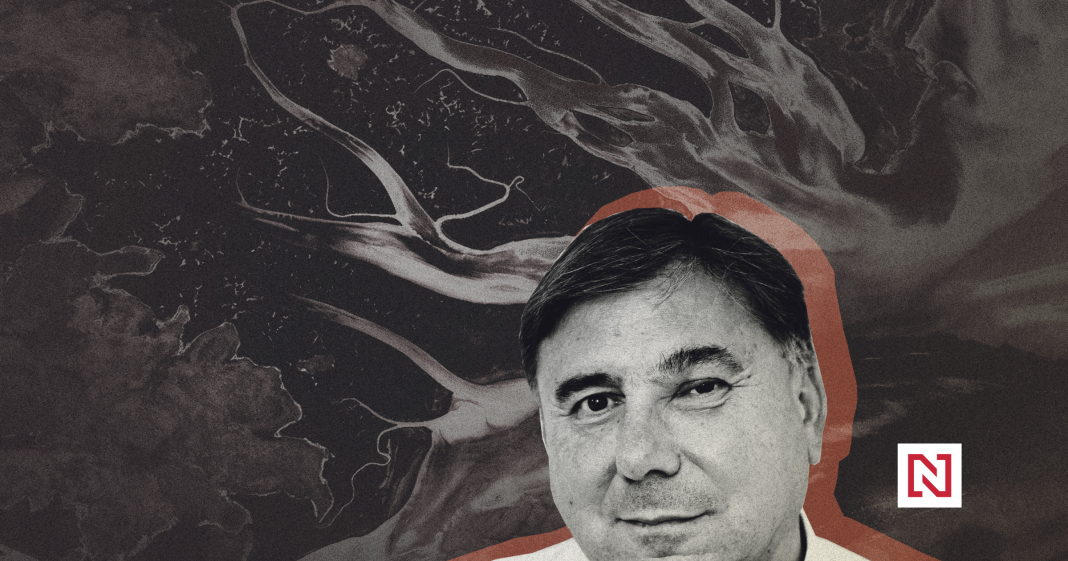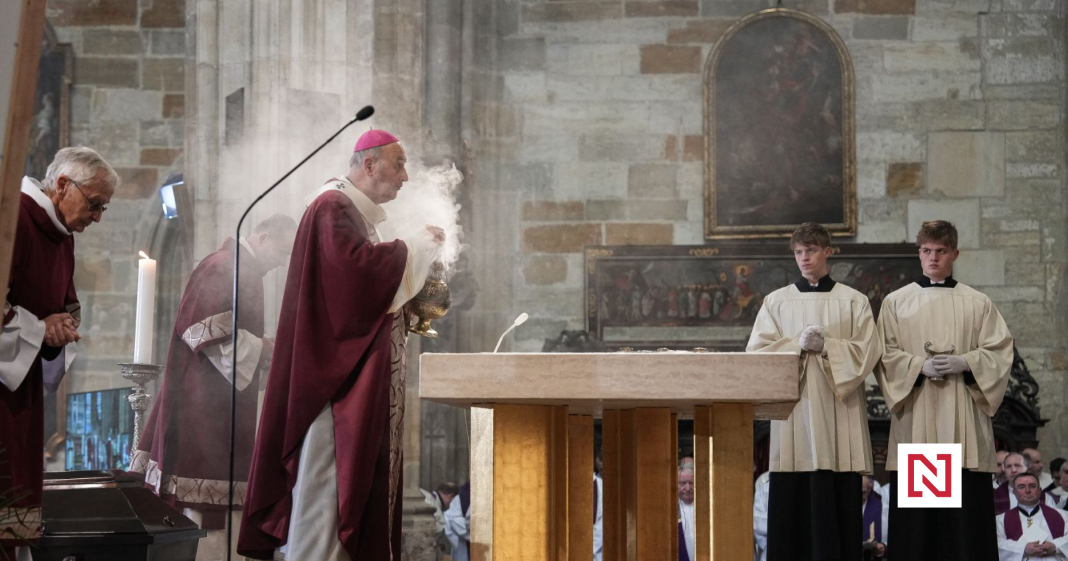The balance between political evolution and cultural heritage in any nation is a delicate one. Understanding how past advantages shape current weaknesses is vital, especially in a historically rich context. This analysis explores the consequences of such transformations.
The Legacy of Political Shifts

The Velvet Revolution of 1989 marked a significant turning point for Czechia. This peaceful transition from a communist regime to a parliamentary democracy brought a wave of new political freedoms. However, these changes also created fresh challenges. For instance, the sudden shift left an institutional vacuum that could not be filled overnight. The rapid transition often led to the creation of political frameworks that were innovative for their time but are now being tested by modern requirements. Balancing progressive reforms with the need to maintain governance stability continues to be a crucial task for contemporary Czech politicians.
Furthermore, the move towards modern democratic practices required an immediate adaptation to new economic systems. The transition from a centrally planned economy to a market-based one was a radical change. Initially, this brought significant economic growth and a boom in entrepreneurship. Yet, not all sectors transitioned smoothly, causing disruptions that still echo today in the form of income inequality and regional economic disparities.
Cultural Renaissance and Its Limits

Alongside political changes, Czechia experienced a cultural renaissance that embraced its rich artistic and historical legacy. This was a time when cultural policies began to promote national identity and heritage. Museums, theaters, and galleries flourished as they redefined their roles in a free society. However, this cultural boom also uncovered limitations. With such a wealth of heritage to preserve, funding and resources often became stretched. Balancing cultural preservation with the need to support contemporary art forms and innovation has become a pressing issue.
The abundant cultural output has also brought its set of challenges. Ensuring that all voices and traditions are equally represented has become a critical task. The need to avoid cultural homogenization, while celebrating diversity within Czechia’s borders, remains a significant cultural policy goal.
Socioeconomic Dynamics

The political and cultural transformations in Czechia have also shaped its socioeconomic landscape. The shift to a market economy initially widened economic opportunities, but it also revealed disparities. Urban areas, particularly Prague, have seen rapid development, often leaving rural regions behind. This growing divide poses ongoing challenges in national cohesion and equitable development.
Education and job markets must continuously evolve to meet the changing demands. Emphasizing STEM (Science, Technology, Engineering, and Mathematics) education, alongside traditional disciplines, is crucial to prepare the workforce for future economic landscapes. The integration of globalization effects into local economies without losing touch with national priorities continues to be a tightrope walk.
Future Prospects and Challenges

Looking ahead, Czechia faces the challenge of sustaining its political and cultural momentum in a rapidly changing world. Emphasizing innovation while maintaining cultural roots will be key to facing global competition. The country must also navigate environmental challenges, such as the shift towards renewable energy, while ensuring sustainable tourism practices that respect its historical sites.
Public involvement in policy-making has become a beacon of democratic practices in modern Czech society. Engaging citizens can provide invaluable insights into societal needs, ensuring more representative and responsive governance. The interplay between government actions and public response will remain critical in realizing future advancements.
The intertwining of yesterday’s successes with today’s challenges presents both opportunities and risks. Czechia’s journey in political and cultural evolution serves as a compelling narrative of progress amidst obstacles, providing valuable lessons for other transitioning nations.





